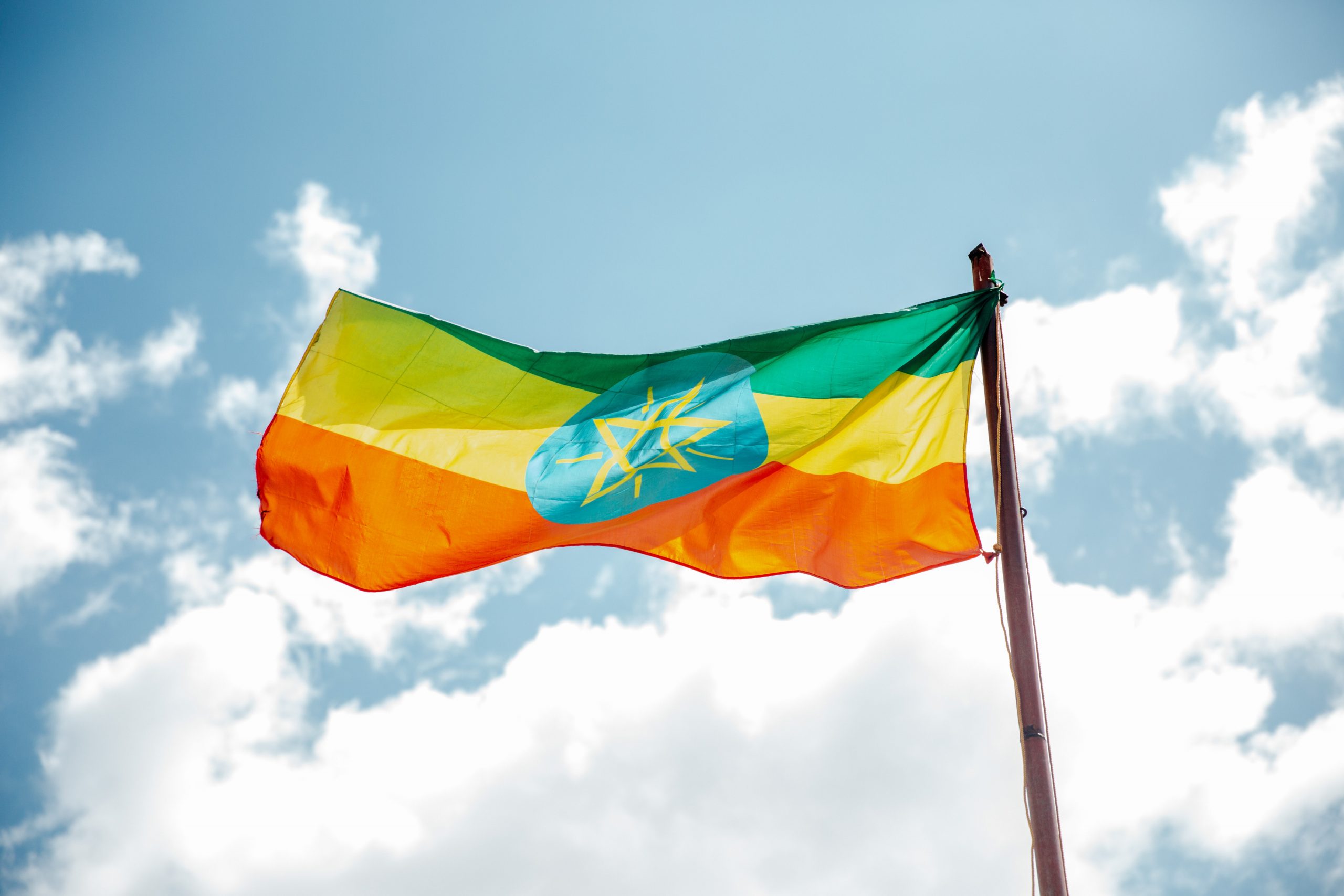That is a question many have been asking since November 2020. Prime Minister Abiy Ahmed ordered a military offensive after fighters allied to the regional administration in Tigray attacked a military base housing government troops.
There have been media reports that Ethiopian troops who are backed by troops from Erietria’s in their offensive against Tigray People’s Liberation Front (TLF) could have been involved in crimes against humanity in the Tigray region.
The Ethiopian Government-funded, Ethiopian Human Rights Commission (EHRC), has confirmed that grave violations that could amount to crimes against humanity or war crimes were committed in the city of Axum last November. Over 100 civilians were killed according to a new report by the commission.
“Information collected during this preliminary investigation confirms that during the two days of November 28 and November 29, grave violations of human rights were committed and that in Axum, over one hundred residents… were killed by Eritrean soldiers,” the commission said.
This report comes in the wake of the Prime Minister’s admission of the presence of Eritrean forces in the country since the beginning of the conflict.
The report corroborates a report from separate investigations by Amnesty International and Huma Rights Watch into the killings.
As these grave human rights violations may amount to crimes against humanity or war crimes, it underscores the need for a comprehensive investigation into overall human rights situation in Tigray region.
-Ethiopian Human Rights Commission.
Speaking to BBC’s Focus on Africa on Wednesday (24th March 2021), EHRC Spokesperson Aaron Masho says their organization spoke to witnesses, survivors, relatives of the victims, and also obtained documentary evidence which included video and audio material that confirmed the killing of over 100 people in Axum.
The victims included residents of Axum and pilgrims who were attending Ethiopian Orthodox Church celebrations in the city.
“The witnesses described horrendous scenes. Some of them were killed in front of their wives and children and mothers,” he said during the interview with BBC.
Eritrean troops have been in the Tigray region since 19th November according to multiple sources.
The atrocities in the region are however not only carried out by foreign forces. Medical charity Medecins Sans Frontiers (MSF) on Thursday (25th March 2021) issued a statement that their staff witnessed the execution of four civilians in the region.
The statement says the incident took place on the road from Mekele to Adigrat, where three MSF staff members were (on Tuesday 23rd March 2021) travelling in a clearly marked MSF vehicle. Along the journey they encountered what appeared to be the aftermath of an ambush of an Ethiopian military convoy, by another armed group, in which soldiers were injured and killed. Military vehicles were still on fire.
Ethiopian soldiers at the scene stopped the MSF car and two public transport mini buses driving behind it. The soldiers then forced the passengers to leave the mini buses.
“The men were separated from the women, who were allowed to walk away. Shortly after, the men were shot. The MSF team was allowed to leave the scene but saw the bodies of those killed on the side of the road,” says the statement by Karline Kleijer, MSF Head of Emergency Desk at MSF.
“A short distance further away, the MSF vehicle was stopped again by soldiers. They pulled the MSF driver out of the vehicle, beat him with the back of a gun and threatened to kill him,” the statement continued.
This horrific event further underscores the need for the protection of civilians during this ongoing conflict, and for armed groups to respect the delivery of humanitarian assistance, including medical aid.
– MSF Statement.
The Tigray region was largely closed to the media and humanitarian organizations during the conflict. Reports such as these ones point to a disturbing picture of human rights violations during this conflict in Nothern Ethiopia that has now sent thousands across the border to live as refugees in Sudan.
It might still take a while for the world to figure out exactly what happened in Tigray during this conflict.
Abiy Ahmed was in 2019 awarded the Nobel Peace Prize “for his efforts to achieve peace and international cooperation, and in particular for his decisive initiative to resolve the border conflict with neighbouring Eritrea.” He had among other things pledged to “strengthen democracy and uphold the rule of law” in the country.
His actions are however casting doubts on his suitability for an award of such significance. Just a year after receiving the award, Ahmed has continued to crack down on political dissidents, the media landscape in Ethiopia is far from independent as media houses deemed to be sympathetic to the opposition continue to face harassment. Many jounalists and activisists have fled the country.
But it is his administration’s role in this conflict and the attempts to cover-up the human rights abuses by preventing the media and humanitarian organizations’ access to the region that clearly shows that the award was premature, possibly even undeserved.
Photo by Kelly Lacy from Pexels



